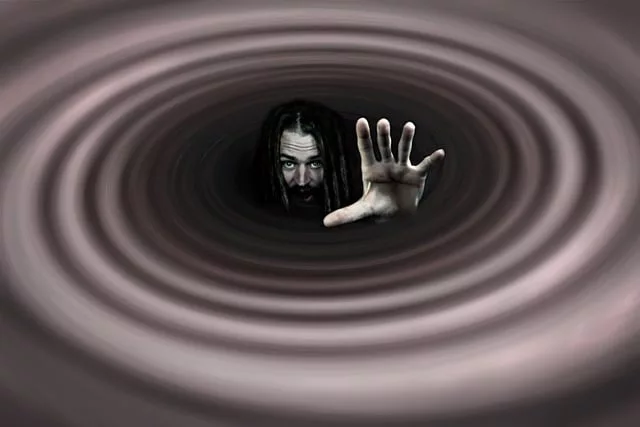Healthcare professionals and organizations devoted to helping those with mental illness issues have long used May as Mental Health Month – a time to raise awareness, educate the public and reduce the stigma associated with these conditions. In 2013, The White House decreed May National Mental Health Awareness Month and brought even more attention to conditions that tens of millions of Americans deal with on a daily basis.

Very few people aren’t familiar with frustration, worry or exhaustion. Dealing with the difficulties of day-to-day to life is part of being human, and doesn’t necessarily mean an individual coping with tension is mentally ill.
A person with optimal mental health is someone who realizes their abilities, can work productively, contribute to their community and cope with normal stresses of life.
Approximately 42.5 million adults in the U.S. live with, or have experienced some form of mental illness in the last year. Some experts argue that this number is actually conservative. Johns Hopkins Medicine reports that more than 26 percent of the population is affected by mental illness.
Dr. Peter Delaney, director of the government’s Center For Behavioral Health and Statistics and Quality addressed the issue of differing statistics. In an interview with Newsweek, Dr. Delany said, “These are real people that have very serious problems. The data should be helping us think through how we want to approach helping them get the services they need.”
While the phrase “mental illness” seems to imply one single disorder, there are in fact a variety of different conditions.
What are the Most Common Mental Health Issues?
- Depression
- Bipolar Disorder
- Generalized Anxiety Disorder
- Schizophrenia
- Panic Attacks
- Attention Deficit Hyperactivity Disorder
It’s widely believed that a combination of genetics, neurochemistry, psychological, and social characteristics are what lead to mental illness. These are complex issues, however, and the root of a person’s illness can sometimes be difficult to determine. Regardless of the cause, poor mental health can be extremely emotionally and physically painful. In many cases, victim’s lives are devastated.
Effective treatment exists for virtually all mental health concerns once they’re diagnosed. Pairing psychotherapy and the appropriate medication can vastly improve a person’s life. Unfortunately, according to the National Alliance on Mental Illness, 60 percent of adults with a diagnosable mental illness do not receive the treatment they need.
Who has Mental Health Issues?
- An estimated 20 percent of youths, ages 13 to 18, experience a severe mental disorder in a given year
- Approximately 2.4 million adults live with schizophrenia
- About 9.2 million people meet the conditions for a dual-diagnosis, which is the presence of a mental and addiction disorder together
- It’s believed that 46 percent of the homeless population live with severe mental illness
- Research has shown that at least 20 percent of prison inmates have a history of mental disorders
During May, take the opportunity to learn more about the signs of mental illness and the available resources for those suffering. Visit both local and state websites that provide information on mental health treatment facilities, programs and events. After all, a person who reaches out and helps anyone in need is improving their own mental health.
Related Posts:
June is Post-Traumatic Stress Disorder Awareness Month
The Suicide Rate for Young Adults has Tripled Since the 1950s
Resources:
Here are links to websites and agencies with more information about Mental Health Month.
ADAA – Anxiety and Depression Association of America
NAMI – National Alliance on Mental Illness





